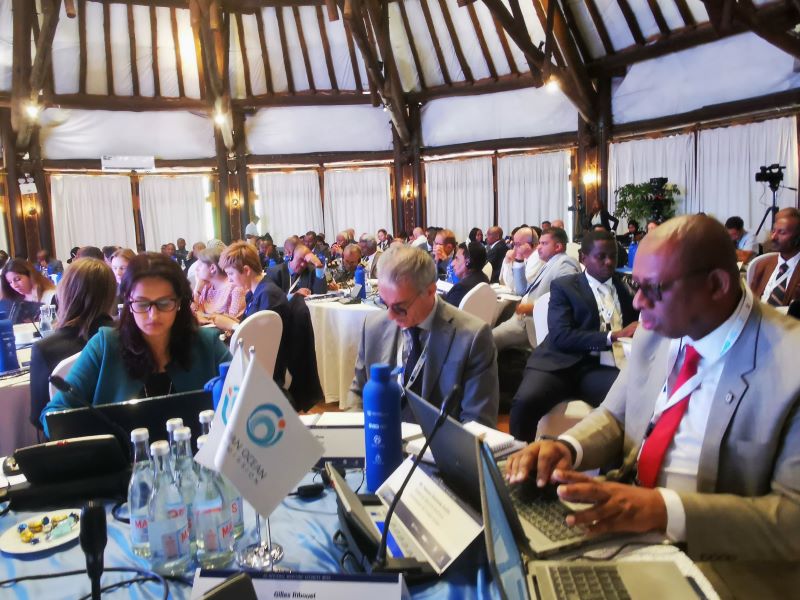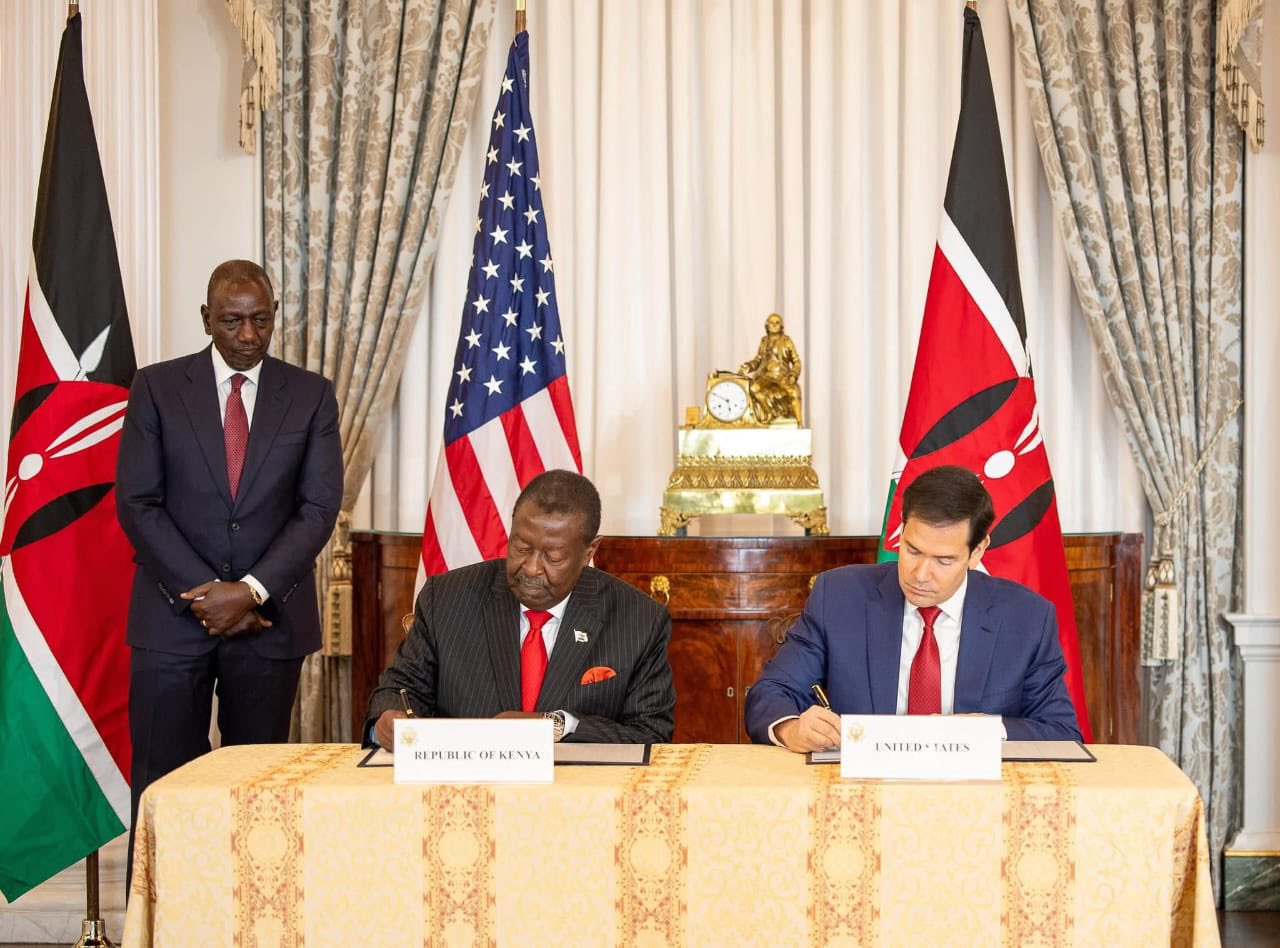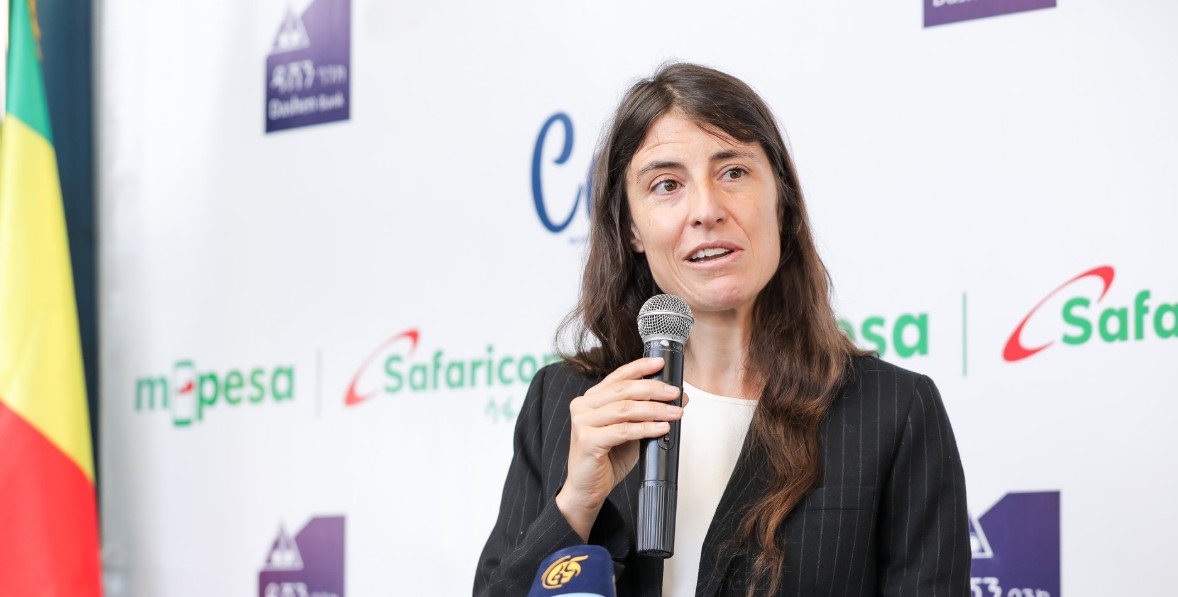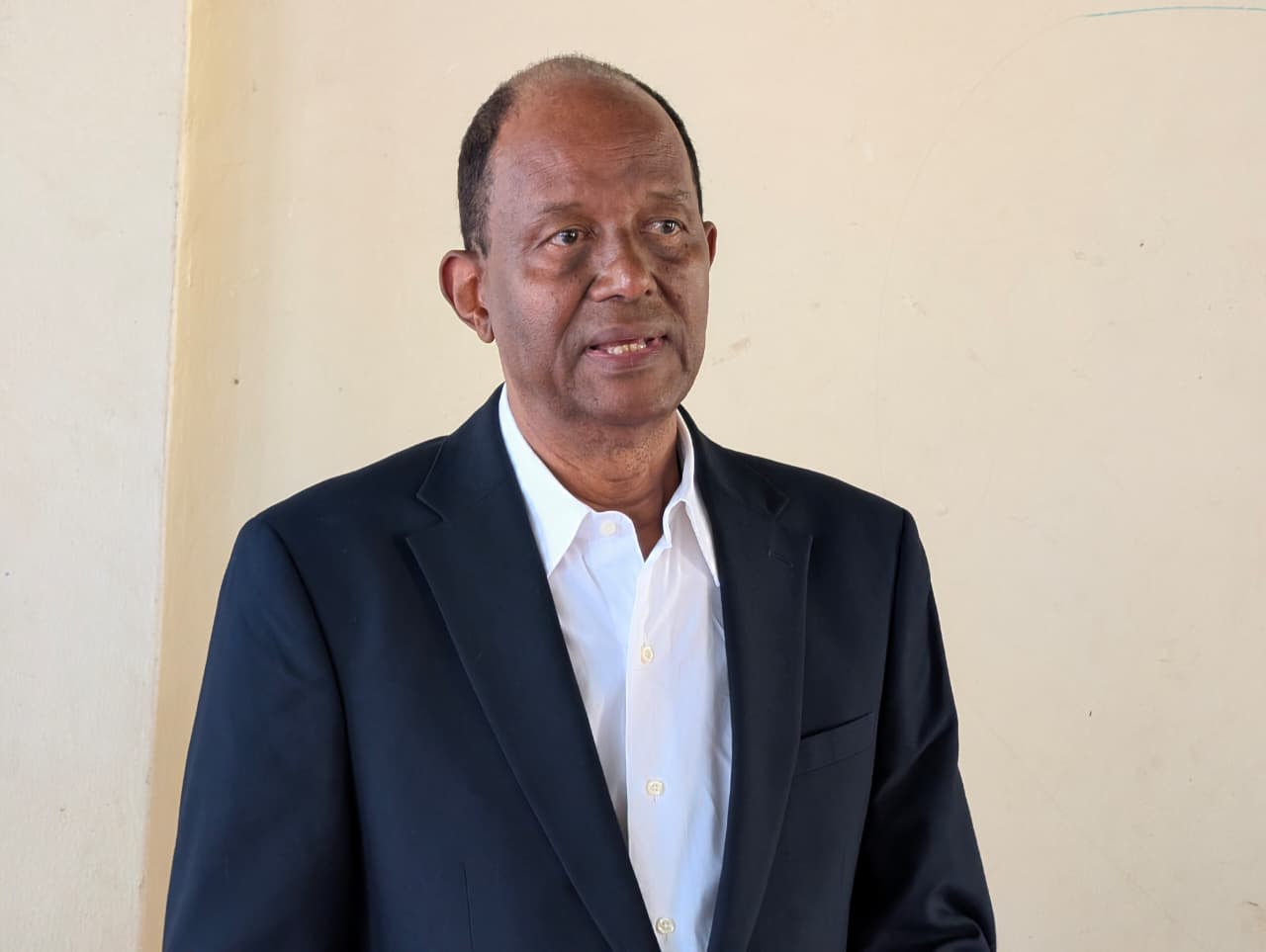Union seeks court orders to halt privatisation of Kenya Pipeline Company
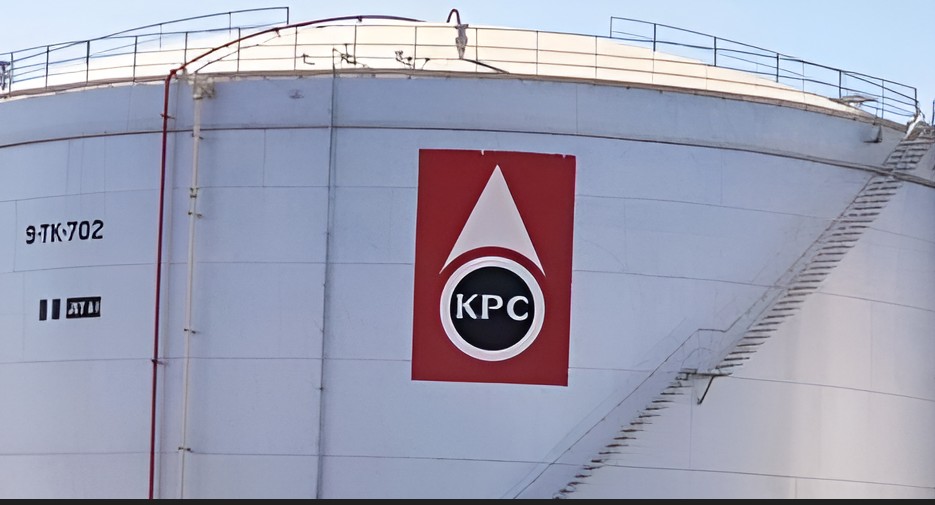
It argued that the lack of transparency has raised fears over the future of thousands of workers, since there is no clear assurance that jobs will be safeguarded once a private investor acquires the government’s controlling stake in the corporation.
The Kenya Petroleum Oil Workers’ Union (KPOWU) has moved to the High Court seeking to block the government from proceeding with plans to privatise the Kenya Pipeline Company Limited (KPC).
The union, through its lawyers, claims that the National Treasury and KPC management have been conducting the process in an opaque and exclusionary manner.
More To Read
- Treasury CS John Mbadi defends ballooning State House budget
- Government, miners form joint committees to curb exploitation, protect communities
- Treasury’s plan to abolish six development authorities raises fears over 423 projects, 1,500 jobs
- National Treasury secures Sh437.8 billion loan to plug budget deficit
- MPs raise alarm over alleged misappropriation of College of Insurance land
- MPs question rising debt despite Treasury’s reduced CBK borrowing
It argued that the lack of transparency has raised fears over the future of thousands of workers, since there is no clear assurance that jobs will be safeguarded once a private investor acquires the government’s controlling stake in the corporation.
“Our members have dedicated their lives to building and maintaining this company. We cannot allow a secretive process that risks their jobs and the country’s energy security,” KPOWU said in an affidavit.
In its petition, KPOWU is asking the court to bar the Treasury from initiating an Initial Public Offering (IPO), engaging transaction advisers, or signing any contract for the disposal of government shares in KPC.
It is also seeking orders to restrain Parliament from considering, approving, or otherwise facilitating Sessional Paper No. 2 of 2025, which sets out the policy framework for the proposed privatisation.
The union insists that KPC is a strategic national asset, responsible for operating the petroleum pipeline and storage infrastructure across the country.
It warned that handing over such a sensitive institution to private interests without adequate safeguards and public participation would endanger national security and economic stability.
KPOWU’s case becomes the second challenge against the plan. The Consumer Federation of Kenya (Cofek) has already filed a separate suit against the National Treasury, the Privatisation Authority, the National Assembly and the Attorney General, also faulting the process as unconstitutional and contrary to the public interest.
Justice Bahati Mwamuye directed that the matter be placed before the court for further directions.
Top Stories Today




